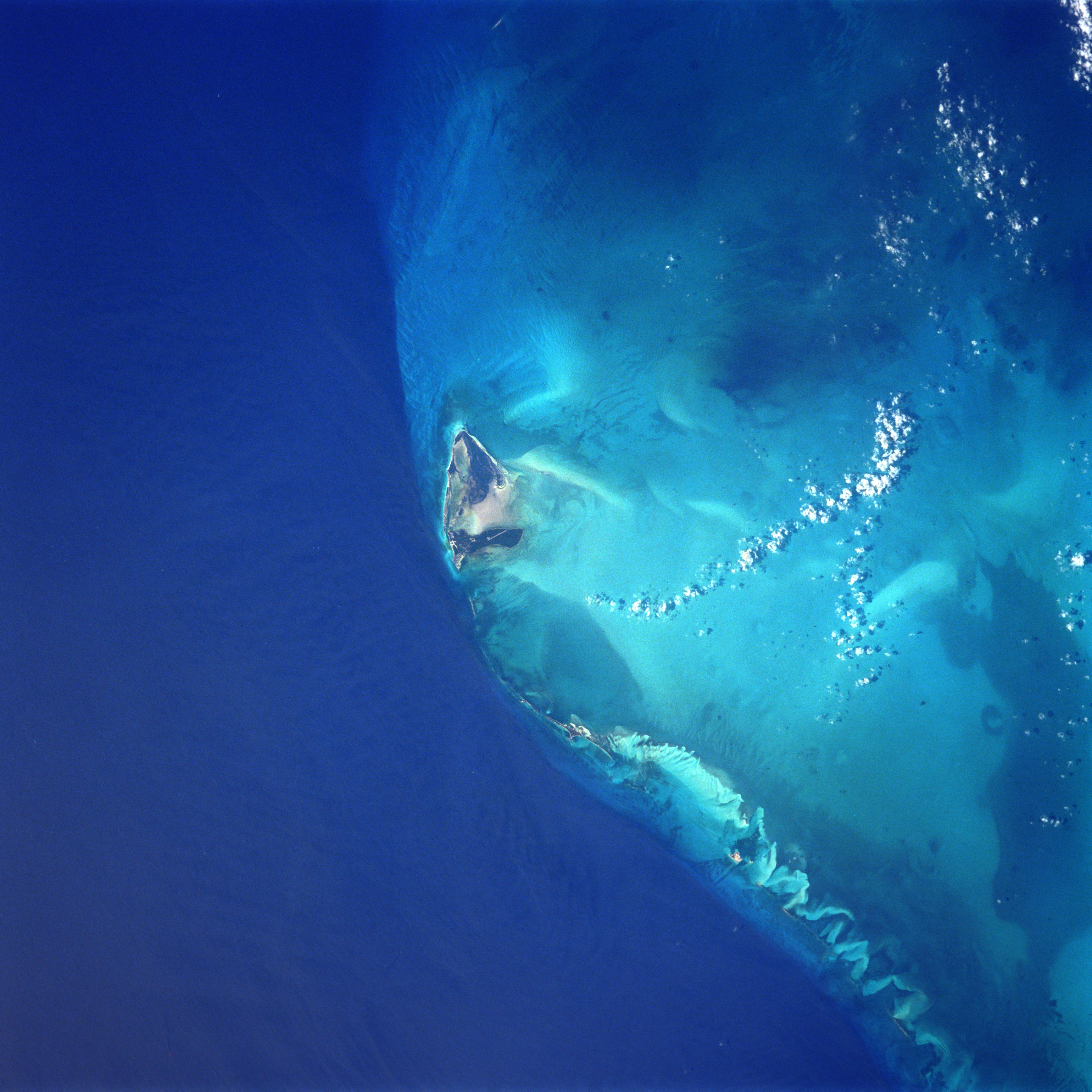John Michael Greer's book “Atlantis: Ancient Legacy,
Hidden Prophecy” is a refreshing middle-of-the-road look at the cursed and
unhanged continent, supposedly sunken but still ever-present in our midst. The
book comes with a positive blurb from none other than Colin Wilson.
After summarizing the original legend of Atlantis, as narrated (or invented) by
Plato, Greer takes us on a topsy-turvy journey through the occult and “rejected
knowledge” undergrounds, where Atlantis acquired an ever-increasing
significance from the late 19th century onwards. The main culprit (as usual) is
Madame Blavatsky, whose magnum opus “The Secret Doctrine” gives Atlantis and
other lost continents centre stage in a daringly alternative world history.
Blavatsky was drawing heavily on Ignatius Donnelly's speculations about
Atlantis, and Greer believes that “The Secret Doctrine” is best understood as
conscious myth and allegory. Somehow, people didn't get it, and we know the
rest of the story.
However, Greer believes that some people in the “alternative” milieu may have been on to something regardless. He is positive towards the speculations of Lewis Spence and Mary Settegast. The idea of a “lost civilization” which disappeared due to cataclysmic climate changes and rising sea levels at the end of the last Ice Age, is, in the author's opinion, very likely. Atlantis may have been a large island in the eastern part of the Atlantic, inhabited by the ancestors of the American Indians, and their empire may have waged wars against continental empires in Europe or Africa, wars dimly remembered still in Plato's time thousands of years later.
“Atlantis” isn't just about Atlantis, however. Greer skillfully weaves his own worldview into the narrative, a worldview many modern Westerners will reject as too pessimistic, as it is based on the rock-solid conviction that finite resources matter, that peak oil is a reality, and that our civilization is therefore unsustainable in a very fundamental sense. Not only that, Greer doesn't believe in “progress” overall, pointing out that our species lives on borrowed time between two Ice Ages on a very, very shaky planet – literally. Some of the geological disaster scenarios mentioned by the author are downright scary! Atlantis thus once again becomes a symbol, a symbol for our present predicament in which a culture dominated by hubris is threatened by – you guessed it – cataclysmic climate changes and rising sea levels.
Yet, “Atlantis” also offers hope. Greer doesn't claim that the Lost
Civilization had access to space age technology powered by magic. Rather, he
believes that the real Atlantis was based on Stone Age technology. His point is
that a high culture with towns, ships, a writing system and even empires can be
created on such a basis alone. In that sense, there is hope for humanity even
after a collapse of The Modern. That is the hidden prophecy of Atlantis.

No comments:
Post a Comment